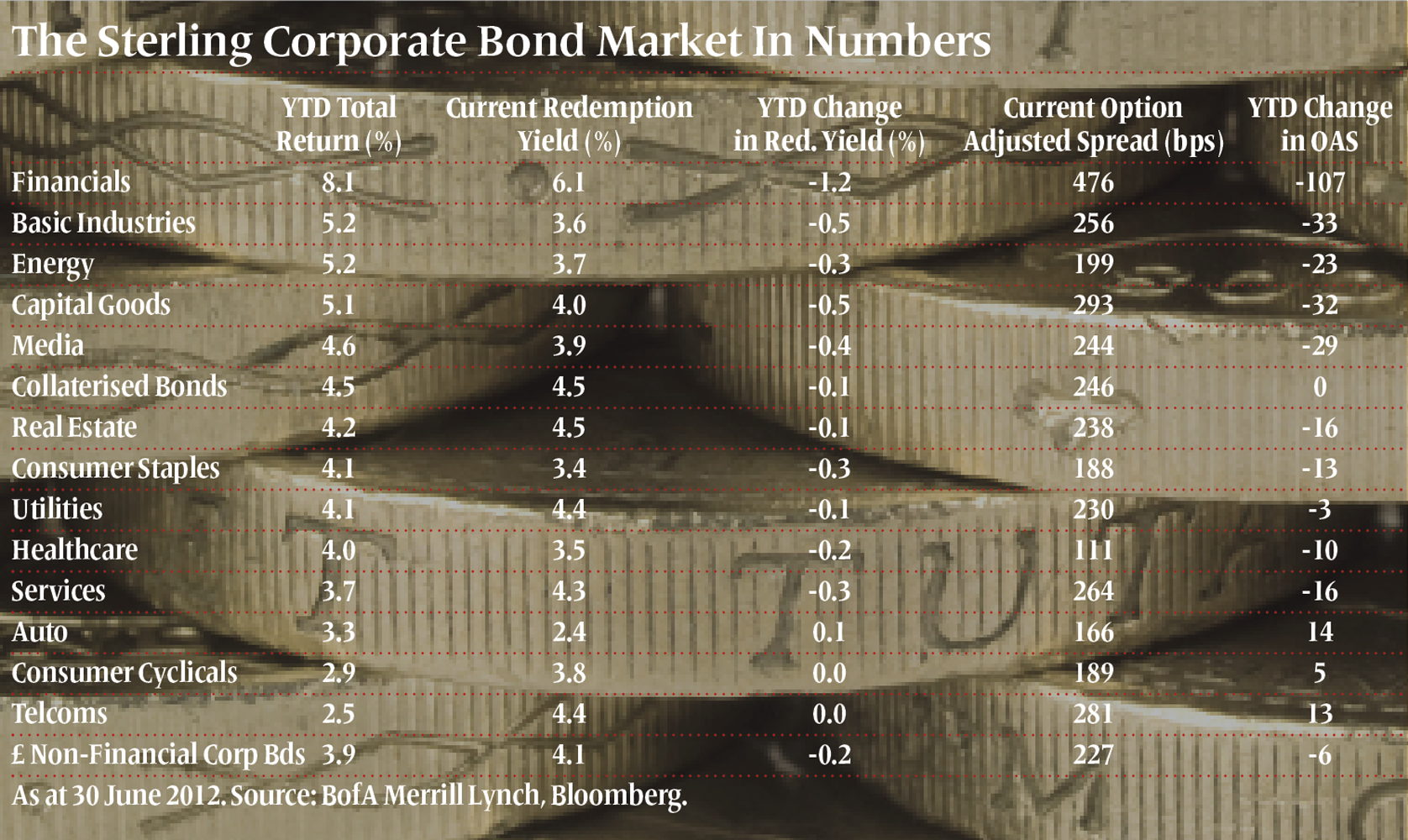Experienced Investor
Capita predicts ‘year of no dividend growth’ as payouts stall

Dividends paid out by UK companies this year are expected to undershoot previous estimates as the impact of the strong pound hammers payouts, Capita’s latest Dividend Monitor has warned.
Despite a recent decline in the value of sterling, a strong pound has nonetheless hurt companies reliant on dollar-denominated income for most of the year, impacting previous forecasts which predicted dividends would top £100bn.
In its latest report, Capita has cut its forecast for 2014 from £101.8bn to a headline figure (which includes special dividends) of £97.1bn.
While 2014’s figure is still sharply higher than the previous year, when total dividends came in at £80.3bn, almost a fifth of this year’s payout comes from one-off special dividends.
Underlying dividend growth has effectively stalled, forecast to come in at £79.3bn, up just 1.7 per cent from 2013 as a result of the strong pound.
Income investors should also steel themselves for disappointing dividend growth next year, Capita warned.
Looking ahead to 2015, the report said a stronger US dollar is likely to boost dividends, but will be countered by a weaker euro which will hamper profit growth.
As a result, the report outlined headline dividend growth of £85.8bn, and £83.7bn underlying in 2015, up just 5.5 per cent year-on-year.
Based on these forecasts, Capita’s estimate of the prospective yield on equities is 3.9 per cent – also lower than previously expected.
Capita Asset Services’ Justin Cooper said: “We always expected 2014 to be a year of slow growth for dividends, but it is rapidly turning into a year of no growth.”
“Corporate earnings have been lacklustre, with the strength of the pound still weighing on results. It has come off its highs against the US dollar, though too late to make much difference to our Q3 numbers, but it has continued to strengthen against the euro,” the report said.
The global economy remains weak, it noted, another negative. “This is all still having a direct knock-on effect on dividends,” the report said.
UK companies rewarded their shareholders with £25.5bn of dividends in the third quarter, just £53m more than the same period in 2013. Underlying dividends fell 2.9% in the third quarter.
Top payers HSBC and AstraZeneca saw a 9% and 10% negative currency effect respectively, according to the report. In contrast, BP and Shell, which declare in dollars and paid out during the pre-Scottish Referendum sterling wobble, saw the first sterling increase in payouts all year.
The report also highlighted the decline of large firms’ domination of the equity income sector, with the top five payers seeing dividends decline by £1.5bn after Vodafone’s payout was reduced.
Capita expects a further decline in their dominance in 2015: “Investors can take this as a positive development, as the UK is unusual in its heavy reliance on a few big payers.”
Payouts by FTSE 100 companies fell 1.1 per cent in the third quarter to a headline figure of £22.8bn – the worst performance since the beginning of 2013.
There was better news from companies further down the cap scale, however, with the FTSE 250 raising headline dividends by 7.6 per cent, to £2.2bn. Underlying dividends grew by 16 per cent, to £2.1bn.
But the report noted: “Despite the strong performance of the FTSE 250, it remains too small to make much impact when it bucks the FTSE 100 trend.”
